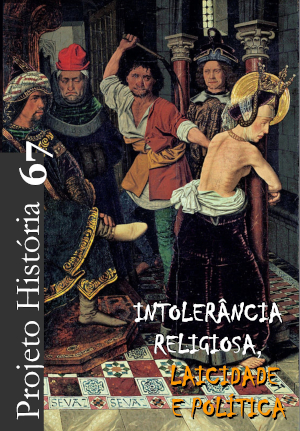A “MODERNIZAÇÃO” POLÍTICA DA IGREJA CATÓLICA NO BRASIL (1850-1930): UMA APROXIMAÇÃO A PARTIR DA “TEORIA DA AÇÃO COMUNICATIVA”
DOI:
https://doi.org/10.23925//2176-2767.2020v67p79-115Palavras-chave:
Colegialidade, Primeira República, Agir comunicativoResumo
Neste artigo, apresentamos o itinerário de “modernização” política trilhado pela Igreja Católica no Brasil, particularmente o episcopado brasileiro, da segunda metade do século XIX até o fim da Primeira República (1930), a partir de um “processo de aprendizado de tipo comunicativo” diante da resolução dos “conflitos de ação moralmente relevantes” na sua relação com o Estado. O conjunto do episcopado brasileiro, ao longo de um período de 80 anos (1850-1930), liberando “recursos comunicativos”, passou por uma profunda renovação dos seus princípios sociais de organização. Isso se deu quando os bispos assumiram a colegialidade como este “princípio de organização”. Para que isso se realizasse, foi necessário que ocorresse um processo de aprendizado de tipo comunicativo.Downloads
Publicado
2020-05-07
Como Citar
Coutinho, S. R. (2020). A “MODERNIZAÇÃO” POLÍTICA DA IGREJA CATÓLICA NO BRASIL (1850-1930): UMA APROXIMAÇÃO A PARTIR DA “TEORIA DA AÇÃO COMUNICATIVA”. Projeto História : Revista Do Programa De Estudos Pós-Graduados De História, 67. https://doi.org/10.23925//2176-2767.2020v67p79-115
Edição
Seção
Artigos
Licença

Este obra está licenciado com uma Licença Creative Commons Atribuição 4.0 Internacional.




